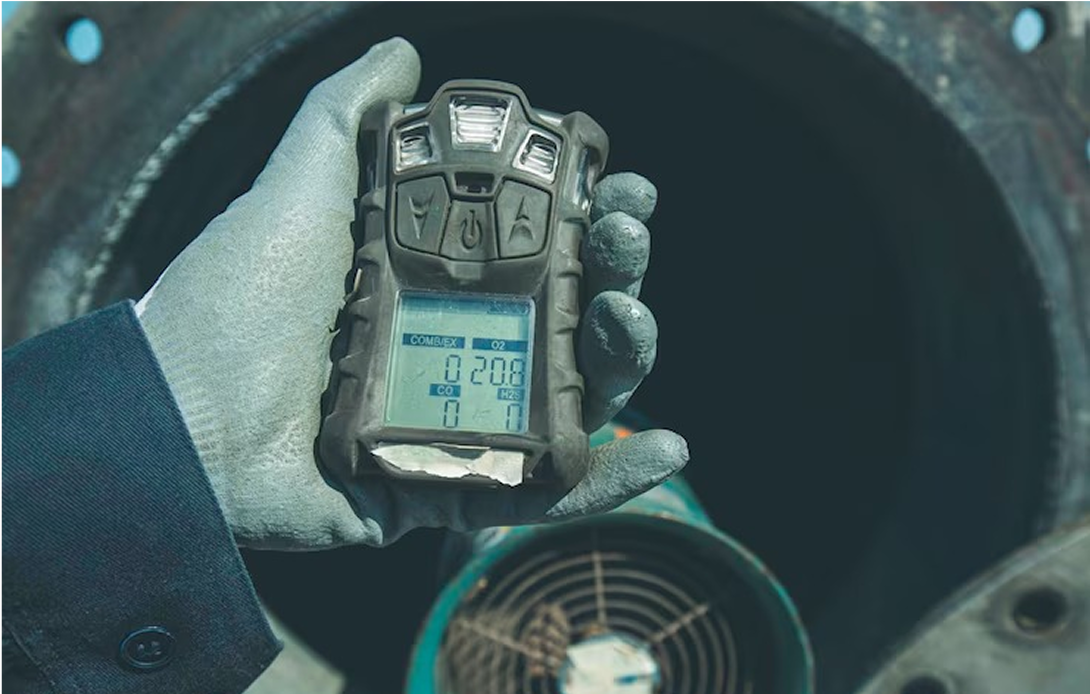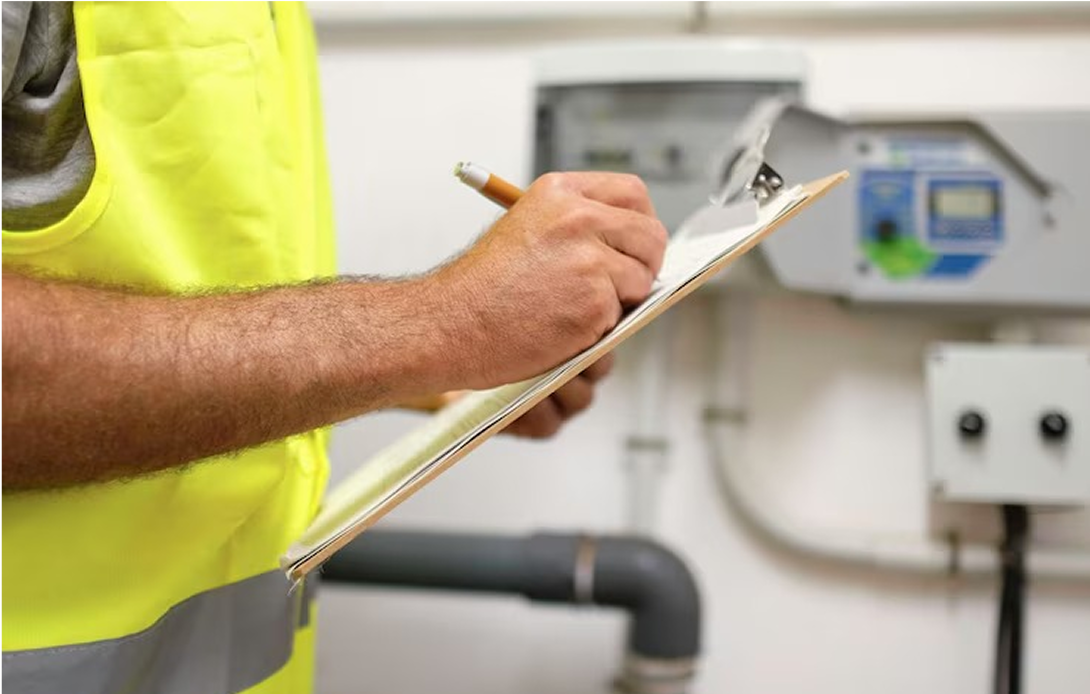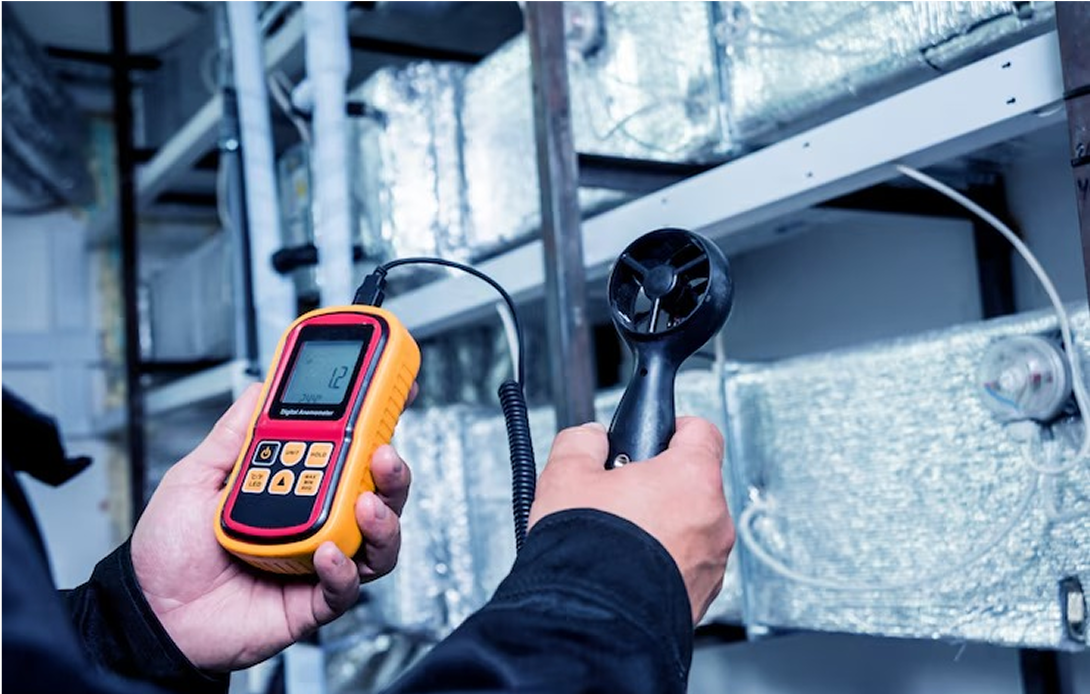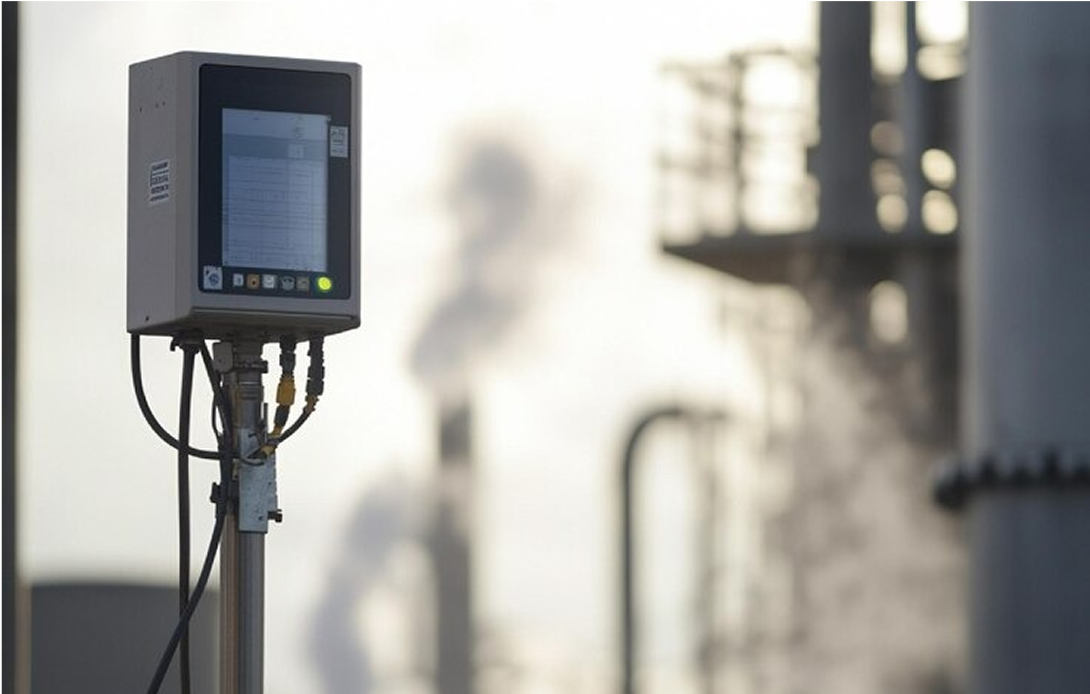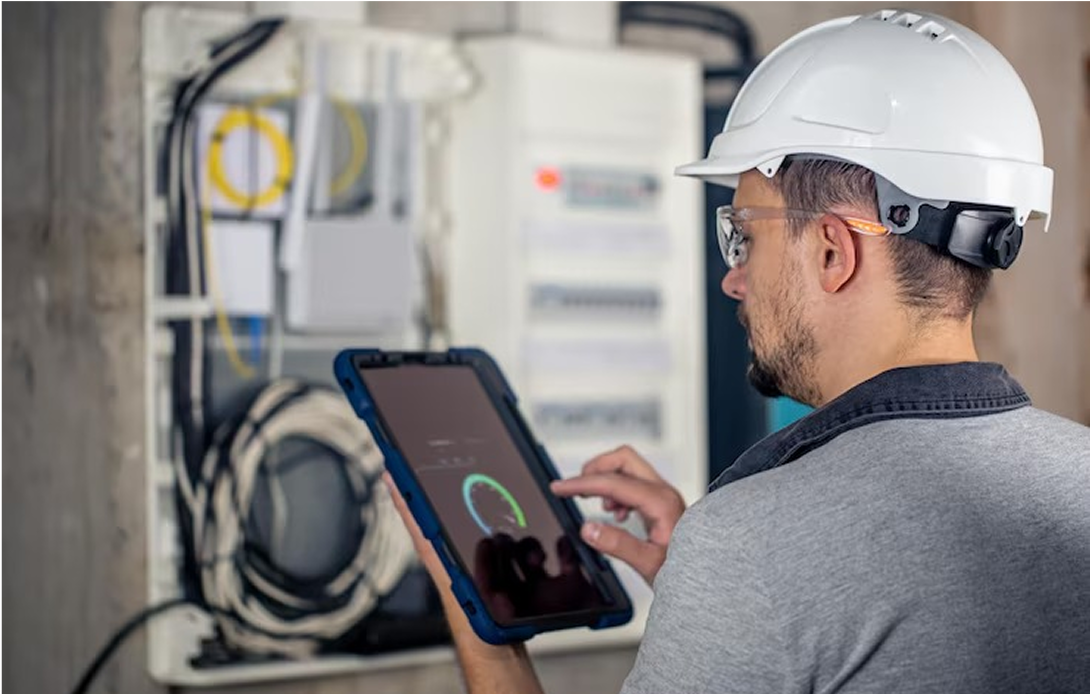Understanding LEL: Lower Explosive Limit Basics
Keep your equipment accurate and reliable with these simple best practices.
Gas detectors are a critical line of defense in hazardous work environments. But like any safety tool, their performance depends on proper upkeep. In this post, we cover essential maintenance tips to help you extend the life of your devices and ensure reliable readings when they matter most.
Conclusion
Proactive maintenance isn’t just about extending device life—it’s about protecting lives. Build these simple steps into your routine, and your team will always have equipment they can trust.
1. Perform Regular Bump Tests
Run a bump test before each shift or use. This quick check confirms that the sensors and alarms are responding correctly to the target gases.
2. Schedule Full Calibrations
While bump tests check functionality, full calibrations are needed to ensure measurement accuracy. Follow manufacturer recommendations—usually monthly or quarterly.
3. Clean Sensors and Housings
Use a dry cloth to gently wipe off dust, oil, or debris. Avoid harsh chemicals that could damage the sensor membrane.
4. Replace Sensors on Schedule
Sensors degrade over time, even if unused. Keep a maintenance log and follow replacement timelines to avoid failures in the field.
5. Update Device Firmware
Many modern detectors support firmware updates. Check for available updates to ensure the latest safety features and accuracy improvements.

